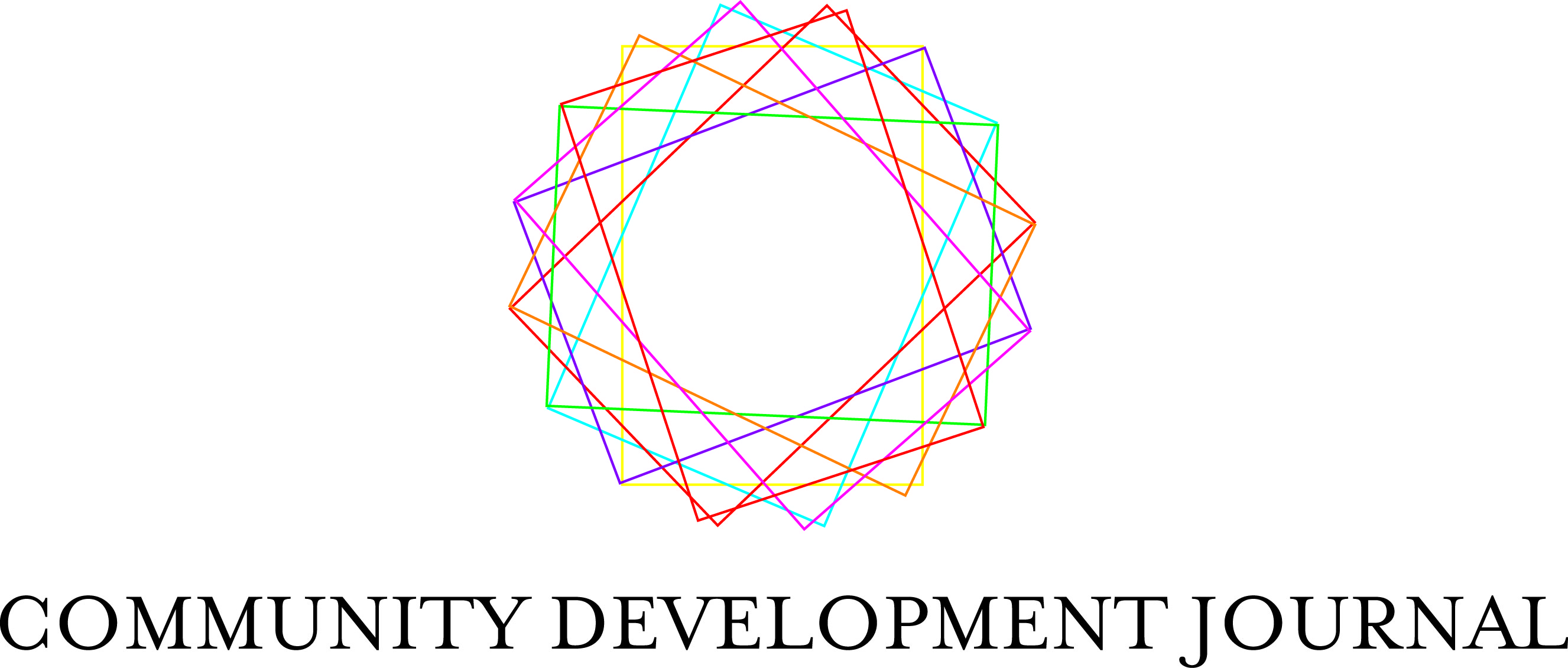
EVENT: Commons against and beyond capitalism?
A Thinkery with Silvia Federici, George Caffentzis and Anne B. Ryan
Thursday 28th May 2015
University College Cork, Ireland
During the first part of this day-long Thinkery, which will be led by Silvia Federici and George Caffentzis, you will be invited to listen, think and converse with others about anti-capitalist commoning. Based in New York, they are part of an international movement that asserts ‘commons’ can be the seeds of a society beyond state and market.
A long-time feminist and anti-globalization activist, teacher and writer, Silvia Federici’s books include Revolution at Point Zero: Housework, Reproduction and Feminist Struggle (2012) and Caliban and the Witch. Women, the Body and Primitive Accumulation (2004). Founding member of the Midnight Notes Collective, George Caffentzis’ latest book is In Letters of Blood and Fire: Work, Machines and the Crisis of Capitalism (2013). An overview of their perspective on the commons can be found in this article http://cdj.oxfordjournals.org/content/49/suppl_1/i92.full.pdf+html
Learning together about the commons will continue in the afternoon, but here the focus will be on actual and emergent commoning in Ireland. Discussing her work on the radical concept of ‘enough’ and her practical experience of Community Supported Farming, this will include a contribution from Anne B. Ryan. She is the author of Enough is Plenty: Public and Private Policies for the 21st century (2009).
There is no charge for participation but booking in advance is essential. Please book by emailing Órla O’Donovan at o.odonovan@ucc.ie.
The event follows on from Commons Sense – A Thinkery on the Commons held in Kimmage Centre for Development Studies in 2014 and addressed by Gustavo Esteva, Mexican post-development theorist and commoner. A video of that event can be watched here and a transcript of the conversation can be found here.
10.00am - 4.30pm, Thursday, 28 May 2015
CACSSS Seminar Room (ORB G27), University College Cork
This event is organised in association with the Community Development Journal, University College Cork, UNIDEV and Kimmage Development Studies Centre.

